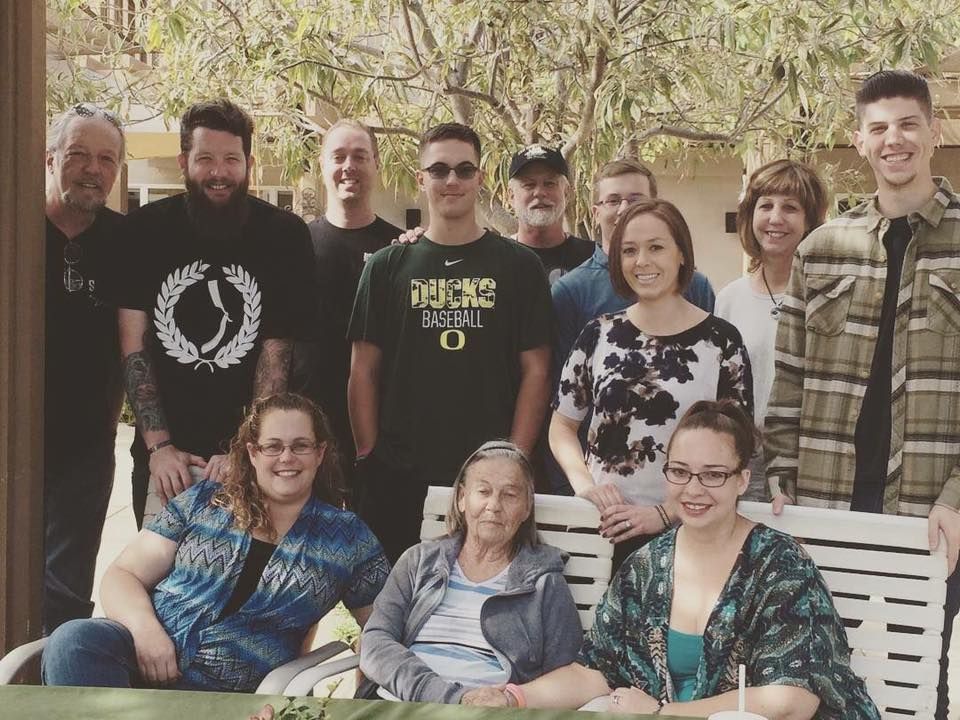
Understanding Cultural Competence
Cultural competence in memory care settings is essential to providing compassionate, person-centered care for individuals living with Alzheimer’s disease and other forms of dementia. As societies become increasingly diverse, residents in memory care communities represent a wide range of cultural, linguistic, and religious backgrounds. Understanding and honoring these differences is not only a matter of respect—it directly influences a person’s comfort, trust, and overall well-being. Memory care that is culturally sensitive helps preserve identity, promote dignity, and create a sense of belonging for residents whose memories may be fading but whose cultural roots remain deeply ingrained.
Why Culture Matters in Dementia Care
At its core, cultural competence involves awareness, knowledge, and the ability to interact effectively with people from different cultural backgrounds. In memory care, this means recognizing that culture shapes how individuals express emotions, understand illness, eat, pray, and engage with others. For example, certain cultures may view dementia through a spiritual lens, while others see it strictly as a medical condition. Staff who are culturally aware can adapt communication, routines, and activities to align with residents’ beliefs and comfort levels. This sensitivity helps reduce confusion, anxiety, and behavioral challenges, creating a more peaceful and supportive environment.
Language and Communication
Language plays a crucial role in culturally competent memory care. Residents experiencing cognitive decline may revert to their first language, making communication difficult if staff are not prepared. Employing bilingual caregivers or using translation tools can bridge this gap, ensuring residents feel heard and understood. Clear and compassionate communication fosters trust and reassurance—two essential elements for residents living with memory loss.
The Power of Food and Tradition
Food is one of the strongest connections to culture and memory. Serving familiar meals—whether it’s a specific spice blend, comfort dish, or holiday tradition—can spark positive emotions and encourage eating among residents who struggle with appetite or recognition. Incorporating culturally significant meals into the dining program also helps residents feel seen and valued, reinforcing their sense of identity and belonging.
Honoring Religion and Spirituality
Religious and spiritual practices carry great importance in many cultures. Providing access to faith-based services, prayer spaces, or rituals can bring comfort and continuity to residents whose faith has been a lifelong anchor. Even small gestures—such as playing culturally familiar music or decorating for traditional holidays—can foster a sense of home and connection to one’s heritage.
Training and Education for Staff
Staff training is vital to achieving cultural competence in memory care. Education should go beyond general diversity awareness, helping caregivers understand how culture intersects with dementia care specifically. This includes learning about nonverbal communication cues, family dynamics, and culturally influenced attitudes toward caregiving and autonomy. Training should encourage empathy, curiosity, and open dialogue, empowering caregivers to ask respectful questions and listen without judgment. When staff feel confident and informed, they are better equipped to deliver care that truly reflects each resident’s life story.
Partnering with Families
Family involvement is another key component. Families are invaluable sources of cultural knowledge and personal history. By collaborating closely with them, care teams can tailor approaches that honor traditions, preferences, and values unique to each resident. This partnership strengthens trust between families and staff, ensuring continuity of care and reinforcing the resident’s cultural identity even as memory fades.
The Impact of Cultural Competence
Ultimately, cultural competence transforms memory care from a standardized service into a deeply personal experience. It reminds caregivers that each resident is more than their diagnosis—they are storytellers, parents, community members, and cultural bearers. By integrating cultural understanding into every aspect of care—from communication and meals to activities and spiritual life—memory care communities create inclusive environments where all residents can feel seen, respected, and valued.
Conclusion
In a world where aging populations are increasingly multicultural, cultural competence is not optional—it is fundamental to quality care. When caregivers embrace diversity and approach each individual with cultural humility and compassion, they help preserve the essence of who each person is, even when memories fade. In doing so, they uphold the highest standard of memory care: honoring both the person and the culture that shaped their life.



